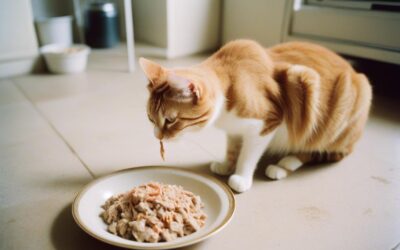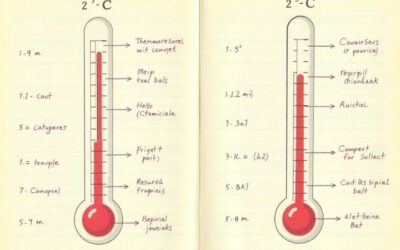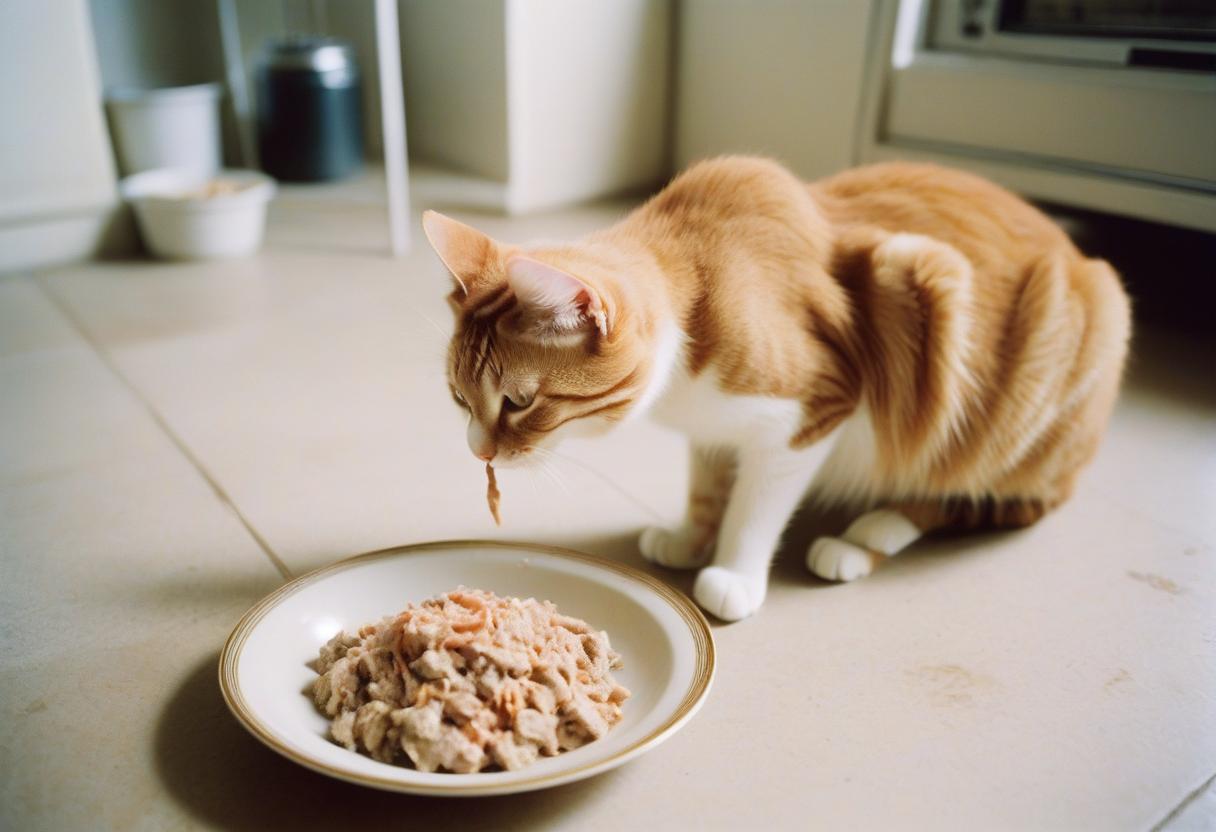Cats are independentCats are independent creatures, often implying that they can fend for themselves. However, their needs are more delicate than many realize regarding food. Whether your feline friend is a picky eater or you’re dealing with a situation where your cat isn’t eating, it’s essential to understand how long cats can go without food and what it means for their health.
This post will explore how long a cat can survive without eating, the potential causes of appetite loss, the dangers of prolonged fasting, and when to take action.
How Long Can Cats Survive Without Food?

Cats can generally survive for about 1–2 weeks without eating, provided they can access water. However, just because a cat can last that long doesn’t mean it’s safe for them to do so.
Without proper nutrition, a cat’s body quickly breaks down its fat energy stores. Unfortunately, this process can lead to a dangerous condition called hepatic lipidosis, or fatty liver disease, which can be life-threatening if left untreated.
For a healthy cat:
24–48 hours without food may lead to initial signs of distress, like lethargy.
More than 3–4 days can result in severe complications like fatty liver disease.
It’s worth emphasizing that if your cat hasn’t eaten in 24 hours (or 12 hours for kittens), you should take action to identify the problem and seek professional help.
Why Won’t My Cat Eat?

Cats are notorious for their finicky eating habits, but a prolonged loss of appetite often signals a deeper issue. Here are some potential reasons why your cat might refuse food:
1. Health Problems
Underlying health issues are one of cats’ most common causes of appetite loss. These may include:
Dental pain due to tooth decay or gum disease.
Gastrointestinal problems such as vomiting or diarrhoea.
Kidney or liver disease, which can cause nausea.
Respiratory infections may hinder their sense of smell and make food less appealing.
If you notice other symptoms, like vomiting, lethargy, or weight loss, a prompt visit to the vet is imperative.
2. Stress or Anxiety
Cats are creatures of habit, and even minor environmental changes can trigger stress. Common stressors include:
- Moving to a new home.
- Adding a new pet to the household.
- Loud noises, like construction or celebrations.
During these times of stress, some cats may refuse food as part of their coping mechanism.
3. Picky Eating Habits
Some cats are incredibly particular about their food. This could be due to:
- A dislike of the flavour or texture of their current food.
- Stale or spoiled food.
- Changes in their usual feeding routine.
Experimenting with new food textures or flavours can resolve this issue.
4. External Factors
Outdoor or semi-outdoor cats may occasionally scavenge or hunt for food, temporarily losing interest in their regular meals. However, this isn’t a long-term solution and shouldn’t substitute for a balanced diet.
5. Medications and Vaccines
Occasionally, medications or recent vaccinations may cause temporary appetite suppression. This should resolve within a day, but if it persists, consult your vet.
The Dangers of Prolonged Fasting in Cats
Unlike humans or some other animals, cats cannot fast for extended periods without serious health consequences. Here’s what you need to know about the potential risks:
Hepatic Lipidosis (Fatty Liver Disease)
One of the most severe risks of prolonged fasting is hepatic lipidosis. When a cat’s body doesn’t receive enough nutrients, it metabolizes fat reserves for energy. However, their liver isn’t efficient at processing fat, leading to a dangerous buildup. Symptoms include:
- Jaundice (yellowing of skin or eyes).
- Rapid weight loss.
- Weakness or lethargy.
Hepatic lipidosis requires immediate medical attention and can be fatal if untreated.
Dehydration
If your cat refuses food and water, dehydration can occur within 24–48 hours. Dehydration worsens the effects of starvation and can lead to organ failure.
Weakened Immune System
Prolonged lack of food weakens your cat’s immune system, making them more prone to infections and illnesses.
Organ Damage
Without food, vital organs like the heart, liver, and kidneys deteriorate. Prolonged starvation can cause irreversible damage to these organs.
The takeaway? Even a short period of fasting can be dangerous for cats. Always prioritize early intervention if your cat stops eating.
What to Do If Your Cat Stops Eating
If your cat has skipped one or two meals, try these steps to encourage them to eat:
1. Switch Up the Food
- Offer a different brand or type of food—some cats prefer wet food over dry kibble or vice versa.
- Warm up wet food slightly to enhance its aroma, which may entice your cat to eat.
2. Make the Environment Comfortable
- Feed your cat in a quiet, stress-free area.
- Stick to a consistent daily feeding routine.
- Remove any sources of stress or disruptions from their surroundings.
3. Check for Freshness
Ensure the food is fresh and hasn’t expired. Wash their bowl and replace uneaten wet food promptly to maintain hygiene.
4. Try Treats or Supplements
- Offer a small portion of their favourite treats to stimulate their appetite.
- Use a vet-recommended calorie paste or appetite stimulant.
5. Consult Your Veterinarian
If your cat refuses to eat for more than 24 hours or shows signs of illness, schedule a vet visit immediately. Your vet may perform diagnostic tests to uncover the root cause and provide tailored treatment, such as appetite stimulants, fluid therapy, or medicinal intervention.
Helping Your Cat Stay Healthy
Preventing appetite loss is key to your cat’s overall health. Here are some tips to ensure their well-being:
- Schedule routine veterinary check-ups to catch health issues early.
- Feed your cat a high-quality, balanced diet tailored to their age and activity level.
- Keep their environment comfortable, clean, and stress-free.
- Encourage hydration by offering fresh water and considering a cat fountain.
- Regularly monitor their behaviour, eating habits, and weight for any changes.
Lastly, create a feeding routine that keeps your cat happy and satisfied. Cats thrive on consistency, so a predictable schedule can go a long way in maintaining their health.
Take Action to Protect Your Cat’s Health
When your cat stops eating, it’s not just an inconvenience—it’s a red flag. While it’s normal for cats to have picky days now and then, prolonged fasting is a serious issue that requires immediate attention.
Understanding the risks and how to respond can make all the difference for your feline friend. Acting early can help prevent life-threatening conditions and ensure your cat stays healthy, happy, and well-fed.
Have questions or concerns about your cat’s diet? It’s always a good idea to consult with a trusted veterinarian. Remember, a well-fed cat is a healthier, happier cat—and isn’t that what every cat owner wants?
Frequently Asked Questions
Why is my cat suddenly refusing to eat?
There could be various reasons why your cat refuses to eat, including stress, illness, or changes in their diet. Changes in the environment, such as a new housemate or loud noises, can also trigger this behaviour. If the refusal lasts more than 24 hours, consult your veterinarian.
How long can my cat go without eating?
Cats should only go up to 24-48 hours without food. Prolonged fasting can lead to serious health complications like hepatic lipidosis. Always seek veterinary advice if your cat stops eating for an extended period.
Is it okay to give my cat treats if they won’t eat their food?
In moderation, treats can be used to stimulate your cat’s appetite. However, treats should not replace a balanced diet. If your cat relies on treats for calorie intake, it’s crucial to address the underlying issue.
Can I change my cat’s food abruptly?
It’s best to gradually transition your cat’s food over a week to avoid digestive upset. Start by mixing a small amount of the new food with the old, gradually increasing the latest food and decreasing the old food.
What should I do if my cat seems interested in food but doesn’t eat?
If your cat appears interested but doesn’t eat, ensure the food is fresh and has gone well. Consider warming up wet food to increase its aroma. If these steps don’t help, consult your veterinarian for further evaluation.
Conclusion
Understanding your cat’s eating habits and recognizing changes is crucial for their health and well-being. A responsible cat owner must provide a balanced diet, create a stress-free environment, and monitor their behaviour closely. If your cat stops eating, immediately identify and address the underlying cause. Early intervention can prevent serious health issues, ensuring your feline companion remains content. Maintain an open line of communication with your veterinarian to address any dietary concerns and receive professional guidance tailored to your cat’s needs. Remember, a proactive approach to your cat’s nutrition is key to a long, happy life together.



















